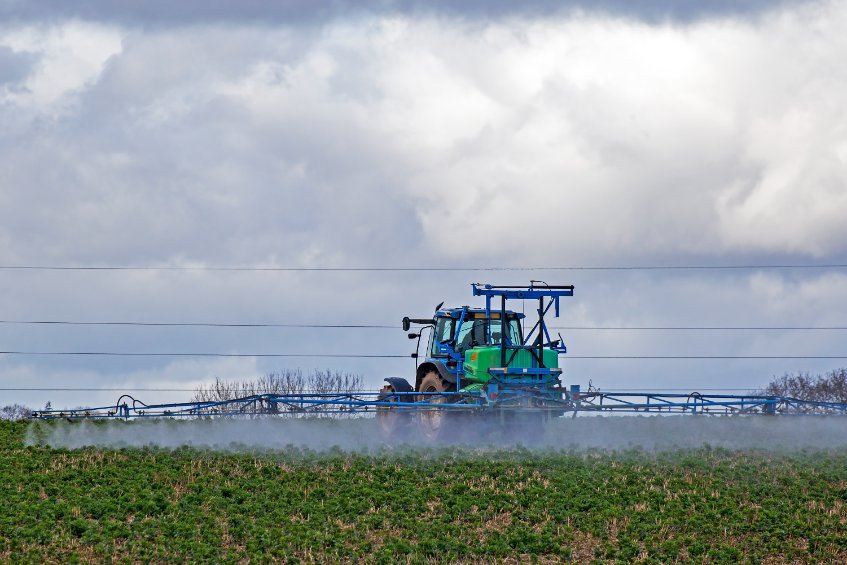Farmers criticise new RSPB report for 'anti-pesticide scaremongering'

Three farmers have accused the RSPB of "irresponsible scaremongering" after the charity claimed a 'cocktail' of pesticides used by British farmers is harming wildlife.
The Royal Society for the Protection of Birds said in a new report that more than 150 pesticides are harming wildlife and biodiversity in the countryside.
The report warned there were still significant gaps in the understanding of what this 'cocktail' of pesticides is doing to land, wildlife and food chains.
Katie-Jo Luxton, the RSPB’s director for conservation said: “We have sleepwalked into pesticides being the norm in terms of the way we manage land, believing every problem can be solved with chemicals.
“The combination of lack of research, inadequate risk assessment and weak regulation has created a toxic situation where an unchecked cocktail of different chemicals are regularly applied across our countryside."
But three farmers, Alastair Leake, Paul Temple and Matt Ridley, members of the Science for Sustainable Agriculture advisory group, warned that the claims about the link between pesticide use and biodiversity loss were "unsubstantiated" and "risked damaging the practical working relationship between the NGO and individual farmers".
They also said the RSPB’s claims "ignored the enormous progress made by farmers at grass-roots level to optimise the balance between productive agriculture and nature conservation."
For example by adopting more integrated approaches to pest and disease control in crops, and by introducing more wildlife-friendly practices on farms such as buffer strips and field margins planted with wildflower seed mixes.
Farmer and conservation expert, Alastair Leake said: "I take particular offence at the RSPB’s suggestion that ‘we have sleepwalked into chemicals being the norm’, conveying the impression that farmers are blindly applying chemicals as the first solution when in fact the opposite is the truth.
"Our own practical experience of integrated crop management, including careful disease monitoring and precision application of pesticides on a ‘when needed’ basis, has shown that farming and nature conservation can go hand in hand."
East Yorkshire mixed farmer Paul Temple said his integrated crop management, and particularly the adoption of no-till cropping systems, had brought a significant increase in farmland wildlife activity on and around the farm, from small mammals in the field to a greater diversity of farmland birds
"Like the RSPB, I’m interested in finding alternative solutions to controlling crop pests and diseases, which can reduce yields by 30-40%," he said, "One of the most exciting new approaches – gene editing technology - is currently being discussed by MPs at Westminster.
"More precise breeding techniques open up the prospect of more durable sources of pest and disease resistance in crops, so protecting crop yields while also reducing the need for pesticides.
"The RSPB appears stuck in a time-warp of anti-pesticide propaganda – but I’d like to know where they stand on the issue of gene editing as a way to help farmers reduce their dependence on chemical means to protect their harvests.”








